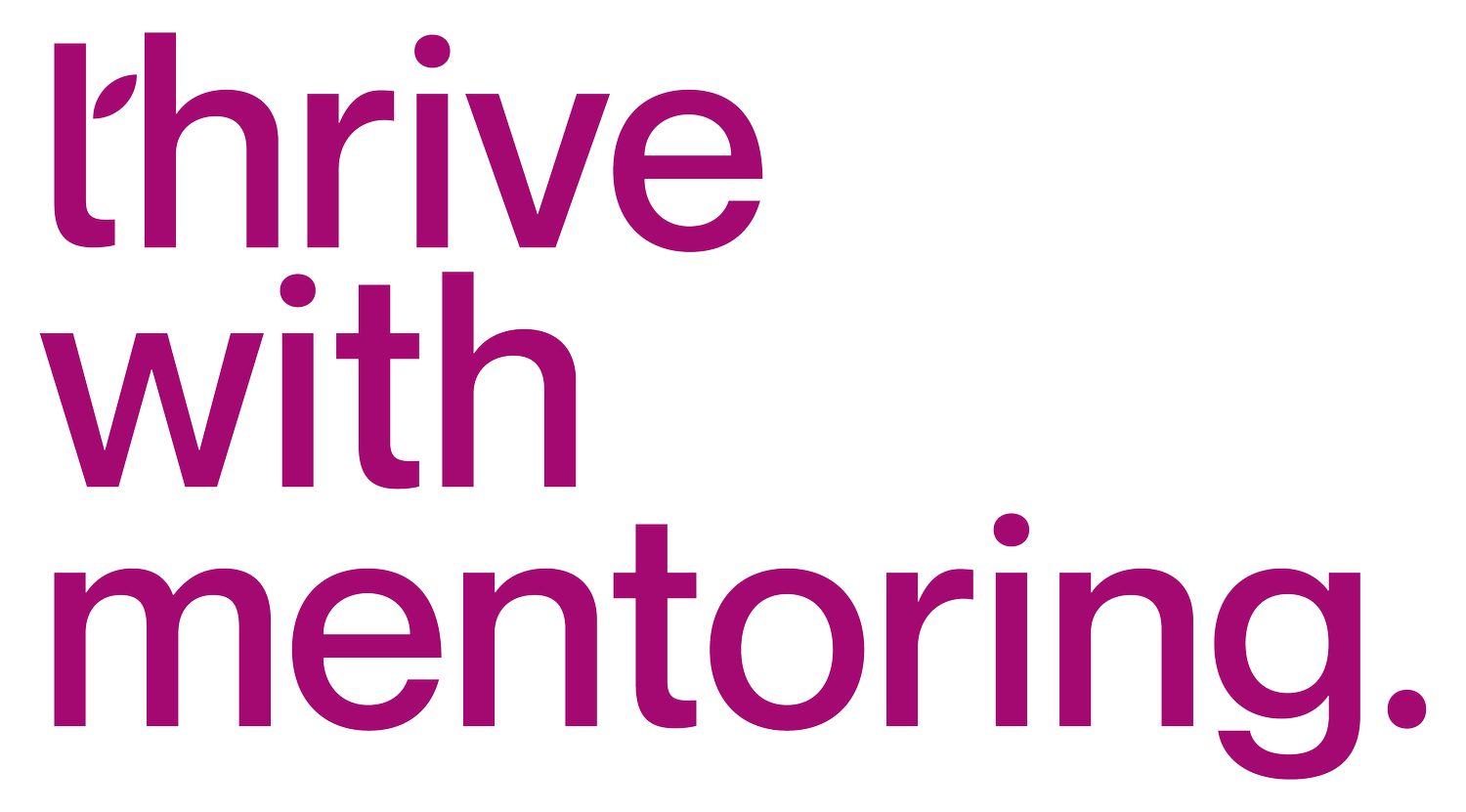Can mentoring help female leaders navigate the double bind?
Kara had been with the organization for almost a decade now. But with ailing parents at home and a partner who was recently diagnosed with a chronic illness, she found it difficult to manage her kids, home, and work at the same time. It was better for her productivity as a whole if she worked from home, where she could keep an eye on things and also be up to date on her tasks. But that also meant that she missed out on real-time developments at work and often a few things fell through the gap. People around began to notice the slip-ups.
Rachel had been Kara’s manager for quite a few years now. She had seen her begin to stagnate at her role due to the constraints of her family. Over time Kara brought less and less of herself to work. But Rachel had seen Kara’s brilliance and understood that this was only a matter of time. Kara would soon adjust to her new normal and start putting in more effort at work. Rachel had Kara’s back because she had been a solid worker in the past and realized that the organization was in a unique place to be of great support to her at her time of need. Exactly how Kara had burnt the midnight oil for the organization when they needed her expertise.
Rachel’s continued resistance to fire Kara or at least have a “disciplinary” conversation with her wasn’t going down well with her superiors. They thought that Rachel being a woman was becoming emotional about what was a cut and dry subject of incompetence. They felt that Rachel wasn’t thinking like a leader and this began to affect Rachel’s perception at the top level.
Damned if you weren’t a good leader, doomed if you were. That was Rachel’s situation. If it hadn’t been Rachel that was Kara’s manager, but a Jack or John or Nelson, the perception at the top wouldn’t have been so quick to change. It might have been written off to the male manager’s largesse and Kara would have continued at her job.
That’s the double bind that women are put into at the corporate. No matter what the situation is, their response is viewed through the lens of their gender. Rachel was negotiating a complex situation in her team with a very trusted employee and she should have been given the “complete” opportunity of influencing the outcome.
This kind of generalization, of Rachel responding a certain way because she’s a woman, is what propagates stereotypes at the workplace. Women are stereotypical of other women too. And God forbid if you are a differently-abled woman at the workplace, there are no norms for you, only that you are the exception. But that’s for another day. These generalizations create difficult predicaments for women.
How do women to women mentoring programs help breach this double bind that most of us find ourselves in?
Leaders are expected to “take charge”. The current perception of leadership dictates that this should’ve been easy to make tough decisions. Issue a warning to Kara and then eventually fire her if things didn’t improve. As opposed to Rachel’s “taking care” approach. Women mentors help here with sharing their own experiences of having been cared for by both their male and female managers. With time you realize that these aren’t masculine/ feminine traits of leadership, rather just individual ones. At a time when you are being judged for being too soft a leader, a woman mentor helps you break your own limiting beliefs.
You don’t have to choose to be leader who either takes charge or takes care. You can do both.
Now, what if Rachel were to fire Kara. Even if that were a business decision and right for both the organization and Kara at that time, Rachel mightn’t have been viewed favorably. She didn’t behave as per defined “soft” norms that her gender demands and was tough. Inconsistency with gender expectations would make people feel that she was “trying” to be tough. Hence unfeminine. Hence unreliable. Hence not a good leader. Hence not a leader. As a mentor to women, who has been there and done that, I often come across women who worry who they really are. For them, these decisions come naturally, but the organizational perceptions build up a sort of imposter symptom in their minds. When they can’t decide what was right or wrong or what truly reflected their own thought process.
Women mentors help here by working through your own perception about yourself. It’s not just others who stereotype us, we stereotype ourselves too.
Women are subject to higher standards when it comes to proving anything. Be it leadership, competence, commitment. In the process of proving themselves time and again, it isn’t unnatural for a woman leader to be occasionally unsure of what her true leadership style is- some of it could be borrowed from male peers, other parts could be her true impressions showing through.
A woman mentor is crucial to these states of self-development as a woman leader because there are really very few role models at the top who you can look up to or emulate. Women, leader or not, are placed at the ends of the spectrum- too soft or too hard. There’s just no right recipe for being a woman comfortable in her own skin at the workplace, and certainly no one recipe for being a woman leader. This is where all that network of women mentors that you’ve had over the years kicks in. That network helps you realize your own self worth and starts making you comfortable with who you are and what you stand to become.
